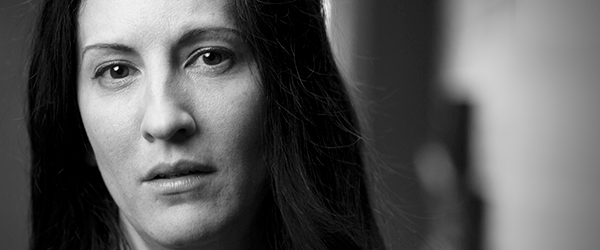The web Browser you are currently using is unsupported, and some features of this site may not work as intended. Please update to a modern browser such as Chrome, Firefox or Edge to experience all features Michigan.gov has to offer.
End The Stigma

Many words associated with substance use disorder are stigmatizing and using those words can prevent people who need treatment from seeking help. People with substance use disorders and people in recovery are more likely to seek substance abuse treatment and maintain sobriety when they develop social connections. Isolation, discrimination and prejudice are obstacles to social inclusion.
You can contribute to reducing stigma and promoting social inclusion by:
- Treating people affected by substance use disorder with respect.
- Learning about the science of mental health conditions.
- Correcting others who have misconceptions about substance use disorders and mental illnesses.
- Supporting resources for people affected by mental illnesses.
- Share
Change the Conversation
By rewinding the negativity and reworking the narrative, we can start conversations that lead to healing. And see opioid use disorder not as a weakness or choice, but for what it really is: a medical condition. Words can hurt but they can also heal. Use yours to end the stigma of opioid use disorder.
| STIGMATIZING LANGUAGE | PREFERRED LANGUAGE |
| First Person language; Addict | Person with a substance use disorder |
| Addicted to X | Has a X use disorder |
| Addiction | Substance use disorder |
| Alcoholic | Person suffering from alcohol addiction |
| Clean | In recovery |
| Clean screen | Substance free |
| Dirty | Actively using |
| Dirty screen | Testing positive for substance use |
| Drug habit | Regular substance use |
| Drunk | Person who misuses alcohol / Engages in unhealthy/hazardous alcohol use |
| Former addict | Person in long-term recovery |
| Habit | Substance use disorder / Drug addiction |
| Junkie | Person in active use |
| Reformed addict or alcoholic | Person in recovery |
| Opioid replacement | Medication assisted treatment |
| Substance/Drug abuser | Patient |
| User | Person with OUD or opioid addiction |
How to Talk to a Loved One with Substance Use Disorder
When approaching a loved one, it’s important to frame the conversation from your own perspective, rather than confront with judgments or accusations about your loved one’s behavior. You can do this by using “I” statements, such as “I’m worried about you,” or “I noticed that you’ve been acting different lately, and I’m wondering how you’re doing.”
Once the conversation has started, here are some other helpful things you can say:
- “When did you first start feeling like this?”
- “Do you feel like your drug use/drinking is a problem?”
- “What can I do to best support you right now?”
Understand that your loved one may not be ready to seek help for their substance use. What’s most important is to listen and respond in a gentle manner, using encouraging and supportive words.
Overcoming substance use disorder isn’t as simple as stopping the substance use
Many individuals believe that all the problems created by the substance use issue will disappear once the use stops but this is likely the time when an individual experiences withdrawal symptoms. In addition, once the individual stops using, feelings of shame and guilt, depression, or anxiety may begin to resurface. It is during this time that it’s important for family members and loved ones to offer support to help the individual deal with these challenges. A recovery treatment program is also needed to help the individual learn more adaptive ways to deal with life’s stressors and how to avoid situations that increase the likelihood of relapse.
Recovery is an ongoing process
There are many different types of recovery programs. The programs offer the degree of immersion in counseling and structure needed at different times during the recovery process. It is important to know that while not inevitable, relapse may be a part of the long-term recovery process.
FIND HELP